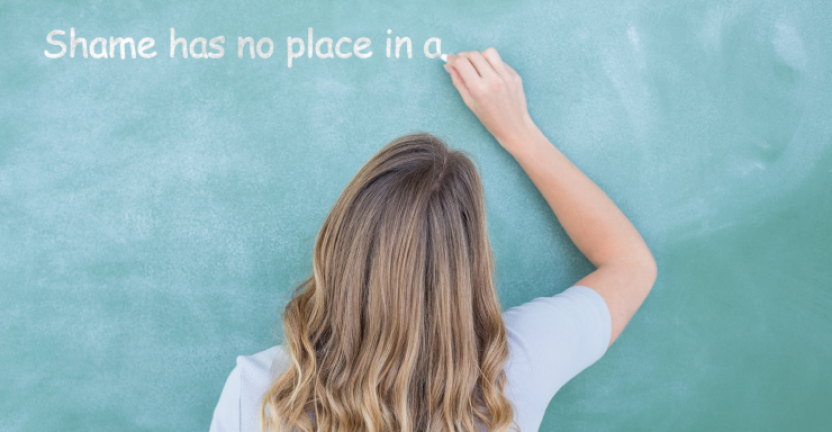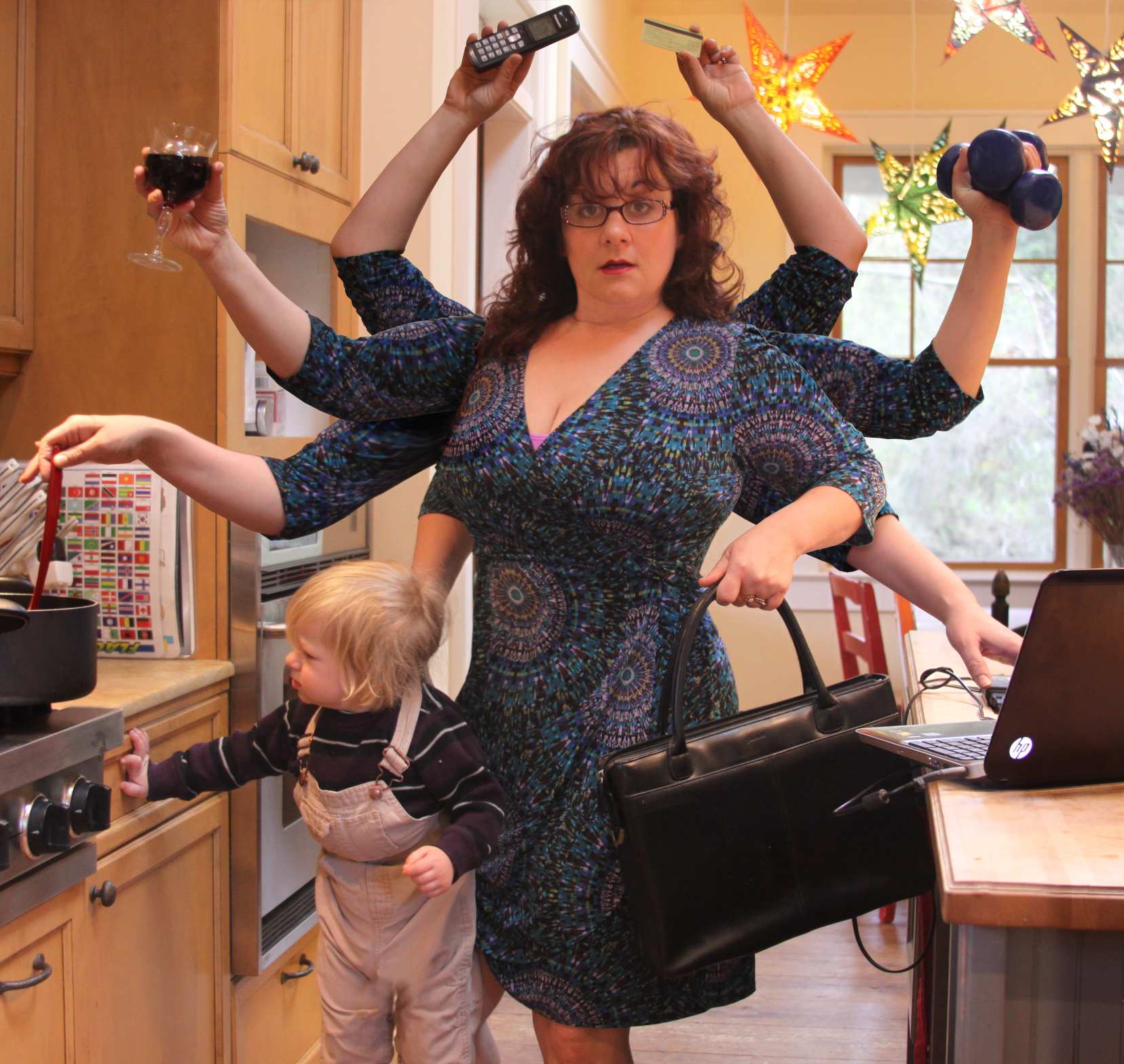Shame Has No Place in a Beautiful World
I am developing curriculum for a class on intimacy and relationships and I tried out one of the pieces with my students at school this week.
If I was going to talk about developing deep and rich friendships, I thought we first needed to unpack some of our baggage.
So I start my first lesson writing on the board:

(Yes, I write in comic sans. Get over it.)
The response was surprising and awesome. Many of my students, 12-17 years of age, were filled with confusion.
“Shame is a part of life! You just can’t get rid of it!”
Well, you kinda can. I mean, you can make it a goal.
This idea (that shame has no place in a beautiful world) was revolutionary to most of the students. And if the concept of a shameless life is getting your cognitively-dissonant panties in a bunch, hang on for the ride, kids – I think it’s gonna be a good one.
In the class we broke it down like this:
Embarrassment is fairly benign. It is foible – funny little things that can happen to anyone. Embarrassment serves a purpose. It clarifies social norms and humanizes us. This emotion may be awkward or unpleasant, but it is unlikely to send you spiraling into a pit of self-destructive behaviors.
But when embarrassment – fed and watered daily with the pressure of expectation and nurtured with humiliation – grows into the much more invasive weed…
Guilt. Guilt, we decided, is embarrassment grown up.
Guilt comes from remembering a time you made a choice that led to embarrassment (or some other negative outcome) and really believing your actions were the cause of it, making yourself feel badly. Guilt can take you down and shut you up. Nothing hides your light under a bushel like a heavy growth of guilt.
Guilt is institutional. It is institutional when we live in a world that makes us feel like our behaviors need to be gendered, or our bodies and their sexual functions are dirty and worthy of disgust.
But sometimes, guilt is personal. Often given as a little passive-aggressive gift wrapped up in implication and expectation:
“Oh… I thought for sure you would have breastfed your baby.”
“So that is what you are wearing?”
“Well I guess it’s nice that you finally decided to call your mother.” *
It is a good thing to remember that guilt serves a purpose: to keep you in your place. If you are not interested in being kept in your place, do not let embarrassment grow up into guilt.
Regret, related to guilt, is an introspective look into our past actions, perhaps comparing alternate imagined realities (where different choices are made) against the reality we remember, or it can be time spent thinking about choices made when you were not your best self. Regret may help shape future choices into decisions that are more mature, more mindful, and more reflective of your best self. Regret can be painful, but alone it may not send you spiraling into a pit of self-destructive behaviors.
When guilt or regret, fed and watered daily with the pressure of expectation, and nurtured with humiliation, grows into the much more invasive weed…
Shame. According to the students, Shame is Regret all grown up. Of course my autistic husband/editor probably wants to point out the formula for shame equals regret minus the power of realizing your ability to change future actions, or shame equals guilt plus a buy-in to humiliation.
Shame happens when personal reflection turns dark, and instead of regretting something and moving on, the shame defines you and twists you into someone you are not meant to be. This can even be about things you have no control over. You may be embarrassed when you realize you are shorter than all of your friends, but if that embarrassment continues to live, and grows up to be shame about your height (something you have very little control over), then that shame can be a serious threat to quality of life.
Shame is linked to depression, anxiety, eating disorders, suicidal thoughts, self-harm, and addiction.
And the word “should” is the battle cry of shame:
You shouldn’t let your kid do that.
You shouldn’t eat that.
You shouldn’t enjoy that.
You should be married by now.
You should have kids by now.
You shouldn’t do that at your age.
Your entire family should stop dancing on our tables now!
Nothing gets you to Shametown faster than getting on the Shoulda Express. That is an angry, angry train filled with people who feel worthless, embarrassed, humiliated, and unclean. You do not want to be on that train and you do not want to go to that town.
It is good to remember that shame serves a purpose to those who might want to do you harm. It quiets you, impairing your ability to question authority. It takes away your power. If you like your power, then I suggest you do not let regret or embarrassment or guilt grow up into shame.
We can argue semantics, and believe me when I tell you there is nothing I love more than arguing semantics, but at the end of that school day I had a bunch of beautiful minds in their formative years thinking about guilt and shame and motives and institutionalized thought.
I don’t know what the future will hold for these kids but at some point it may include someone trying to shame them, and these young people will be better armed with a little forethought.
And to me, that makes the world a much more beautiful place, because…

*Actually, there is nothing wrong with calling your mother. Everyone should be calling their mother. Right now. Call your mother!














